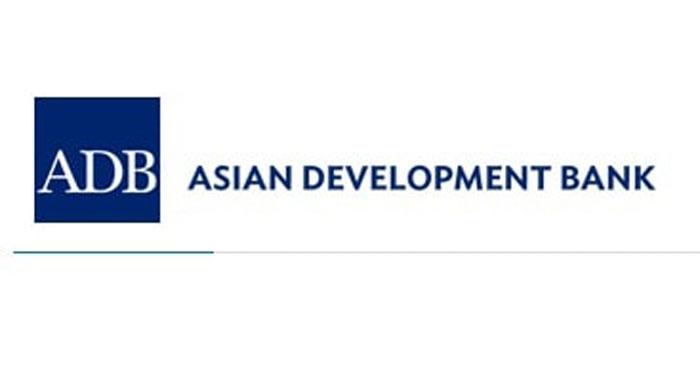ADB says Pakistan economic outlook positive, but challenges remain
March 31, 2016

KARACHI: Pakistan’s economy will continue to pick up in the current fiscal year of 2015/16 as reform and stabilisation measures provide a lift, with higher foreign exchange reserves, and softer inflation and oil prices also supporting the overall macroeconomic outlook, the Asian Development Bank said on Wednesday.
The ADB, in its latest flagship Asian Development Outlook (ADO) 2016 report, forecast growth of 4.5 percent for FY16 and 4.8 percent for FY17. In FY15, the growth came in at 4.2 percent.
While the outlook is for moderate gains in growth, the report said the continued public sector enterprise losses, insufficient energy and power evacuation capacity, and security concerns will continue to test the country's economy.
”Pakistan needs to stay the course of macroeconomic and structural reforms, in particular in revenue collection, the energy sector, and in revitalising public sector enterprises that have been causing a fiscal drain,” Werner Liepach, ADB’s Country Director for Pakistan said in a statement. “These reforms are critical for fiscal and economic sustainability and to promote investment and economic growth.”
The report said large scale manufacturing grew 3.9 percent in the first half of FY16 from a rise of 2.7 percent in the same period the year earlier, boosted by low raw material prices, expanded construction, and low interest rates.
However, textile production grew only one percent over the same period due to weaker demand in export markets and increased competition, with falling global commodity prices and heavy rains damaging cotton output. Pakistan’s vital agriculture sector is expected to experience slower growth in FY16.
The report said the key challenges impeding stronger economic growth include inadequate infrastructure and transport connectivity, weak governance and institutions, and limited access to finance, “which hinders investment in key infrastructure.”
“That in turn raises the cost of doing business, undermines productivity, and hinders access to public services,” it added. “Low investment in human development has also left the country with a workforce lacking the skills needed to help the country compete in global markets and to increase productivity by producing goods with higher value.”
The ADO said improved prospects for the economy, therefore, depend on faster implementation of ongoing reforms to alleviate power shortages, to expand fiscal space, foster a competitive business environment and liberalise trade.
It said ongoing and planned investments under the economic corridor project between Pakistan and China, as well as other regional cooperation initiatives, are spurring development activity and some market optimism.
“Sustained economic reforms and an improvement in the security environment should further boost business confidence and foster increased private investment,” it said.—Originally published in The News











